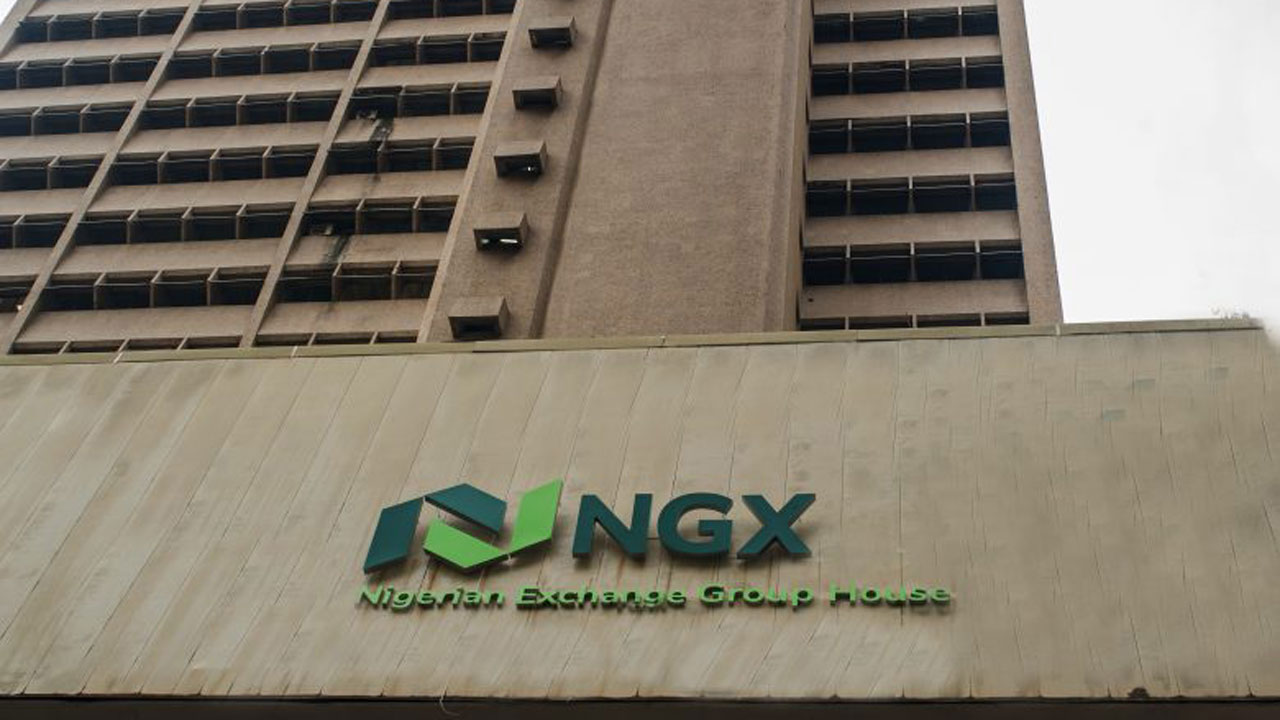The Nigerian Exchange witnessed a lucrative start to 2024, with investors pocketing a staggering N18.203 trillion in gains, continuing the bullish trend observed throughout 2023.
Closing 2023 with remarkable growth, the All-Share Index surged to 74,773.77 points, marking a substantial 45.90% increase, while market capitalization soared to N40.917 trillion from N27.915 trillion recorded at the end of 2022.
The first quarter of 2024 saw the market predominantly bullish, welcoming new trillion-naira companies like FBN Holdings, and witnessing Dangote Cement becoming the first firm to achieve a N10 trillion market capitalization milestone.
The listing of Transcorp Power Plc further propelled the market, inching closer to the historic N60 trillion mark, with market capitalization reaching N59.120 trillion and the All-Share Index at 104,562.06 points by the end of March, reflecting a 39.84% appreciation.
Oluwole Adeosun, President of the Chartered Institute of Stockbrokers, likened the market boom to the pre-2008 global financial crisis period, commending the significant strides made during this period.
Despite challenges posed by inflation, potential interest rate adjustments, and volatile exchange rates, investor confidence remained steadfast, with the Consumer Goods Index rising by 43.66% and the NGX-Alternative Security Market recording a remarkable 135.25% gain.
The Industrial Goods Index grew by 78.49%, while the NGX Banking Index and NGX Insurance Index appreciated by 14.76% and 26.20%, respectively.
David Adonri of Highcap Securities noted that sentiment, rather than strong fundamentals, primarily drove market performance, with the equities market expanding by 39.84% in Q1 2024.
Mercy Okon, a Research Analyst at Parthian Securities, highlighted the robust market start, attributing the surge to gains in banking and high-cap stocks. Despite a February downturn due to profit-taking, market activities rebounded with Transcorp Power’s listing and dividend declarations.
Okon projected a mixed performance for the second quarter, influenced by macroeconomic instabilities, corporate actions, and capital raising activities, foreseeing investors exploring alternative options amidst a hawkish monetary stance by the CBN and lackluster Q1 corporate earnings.













